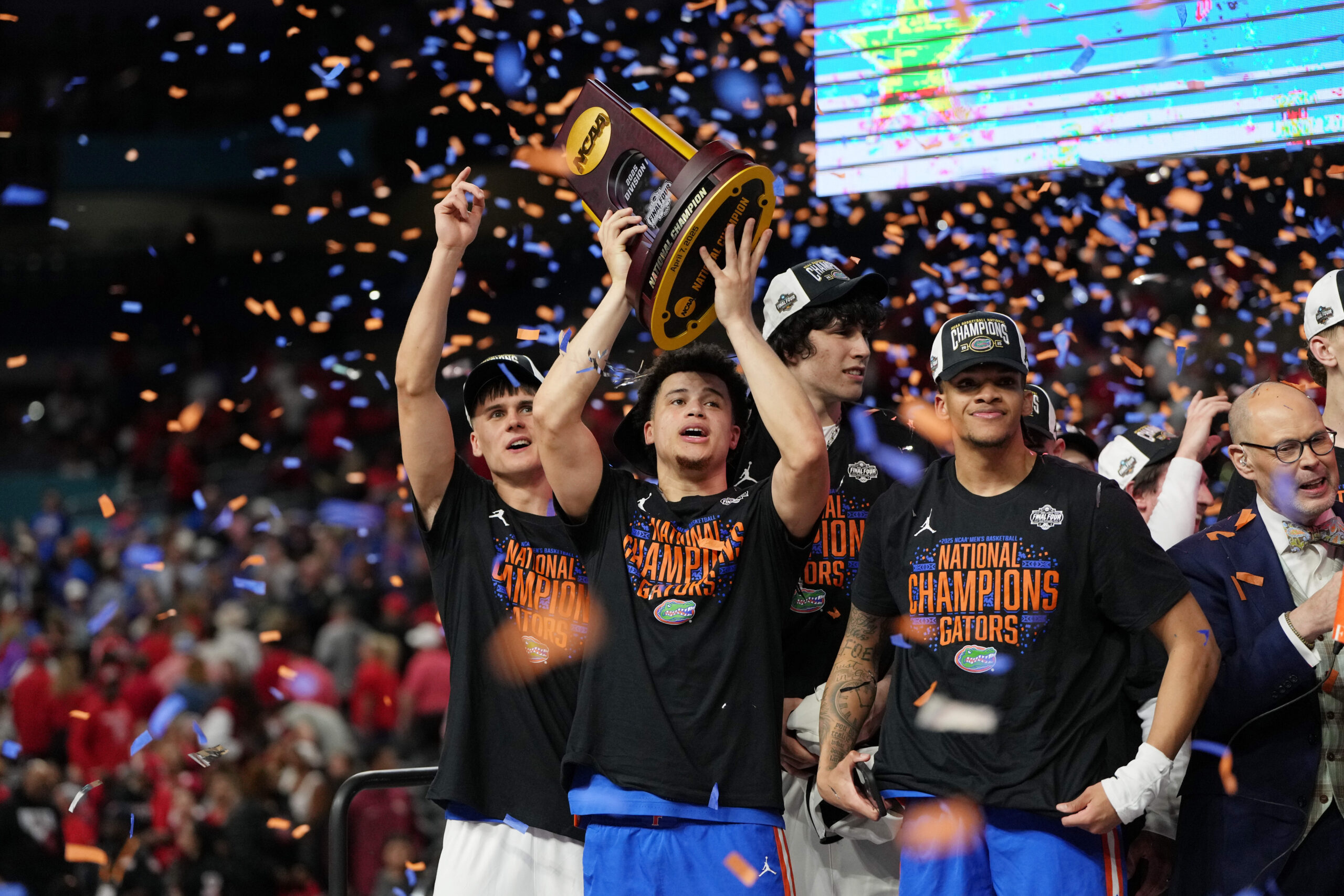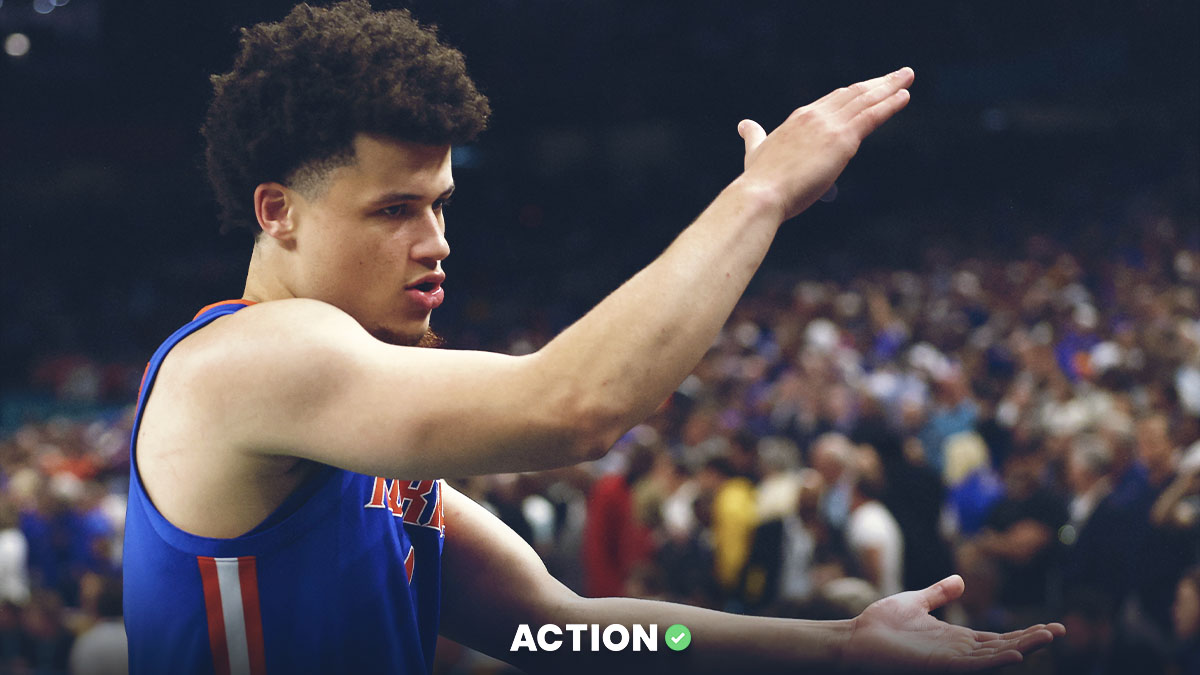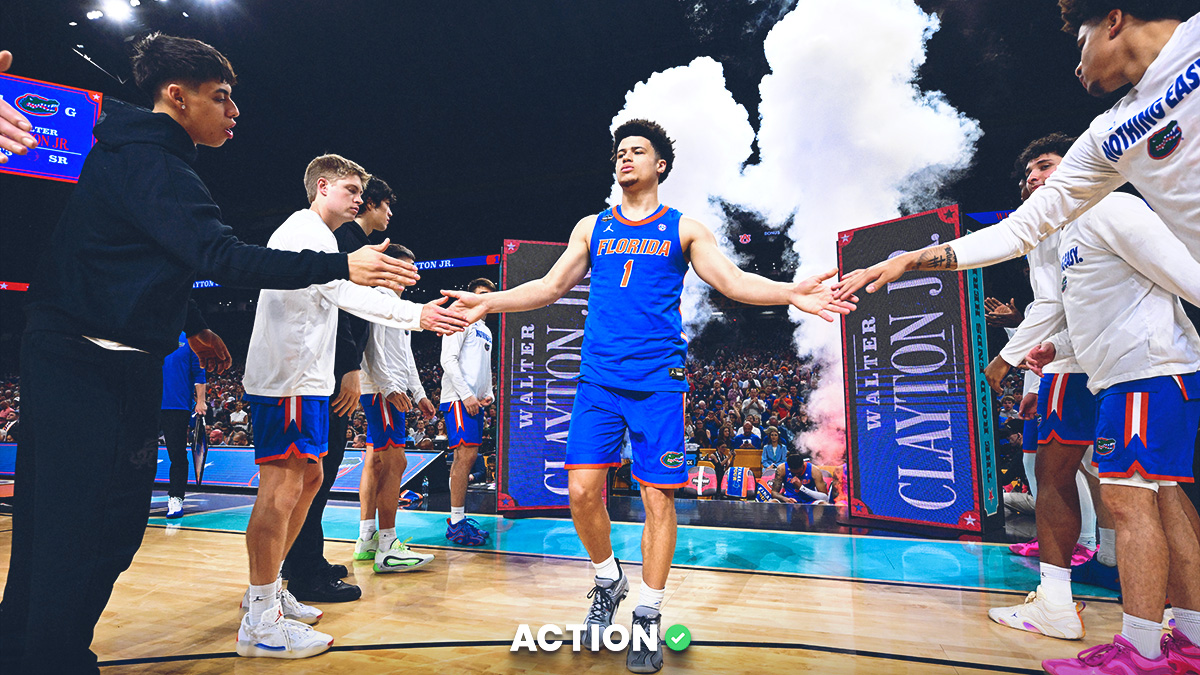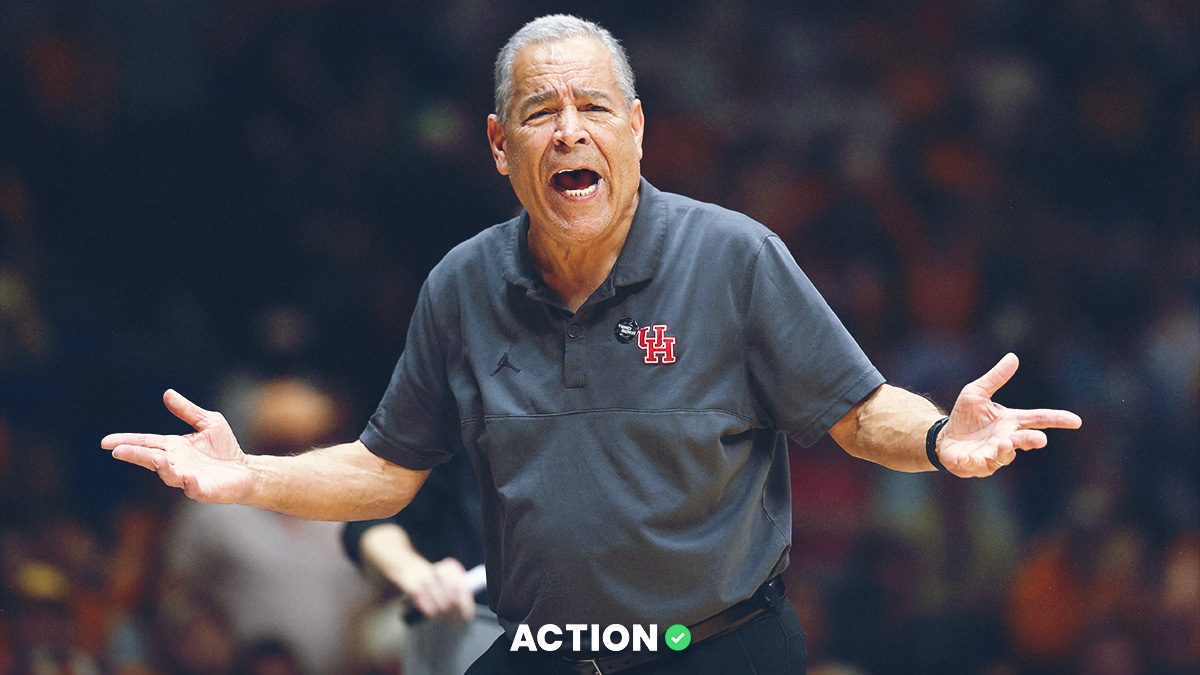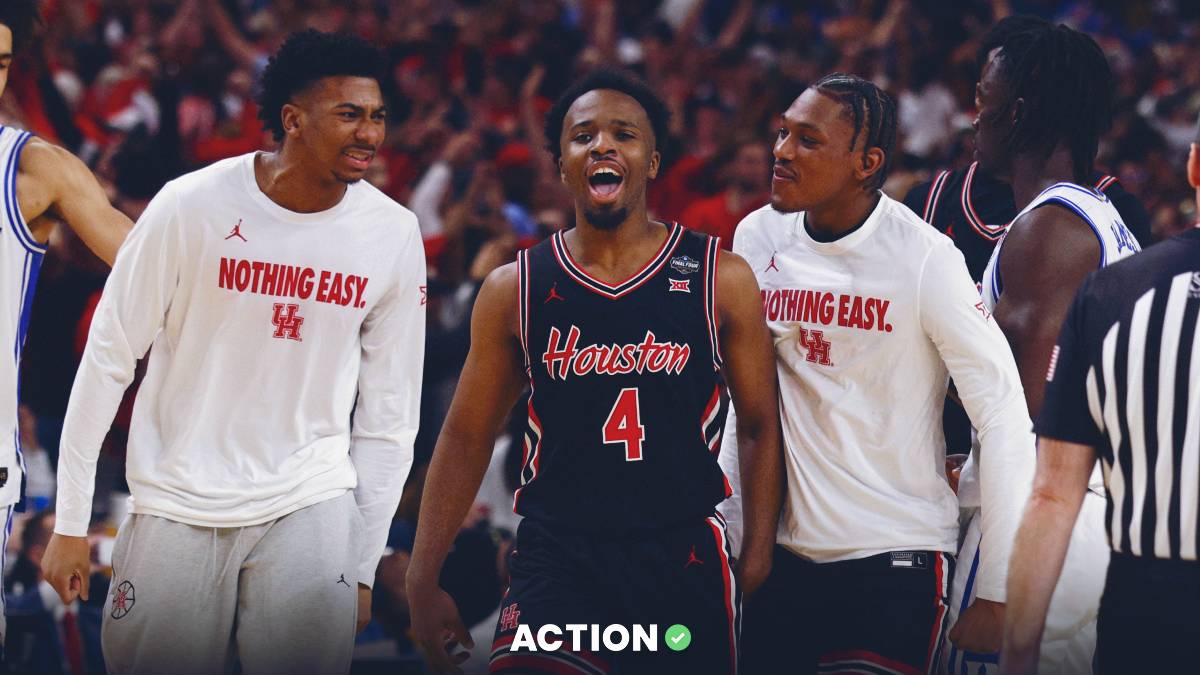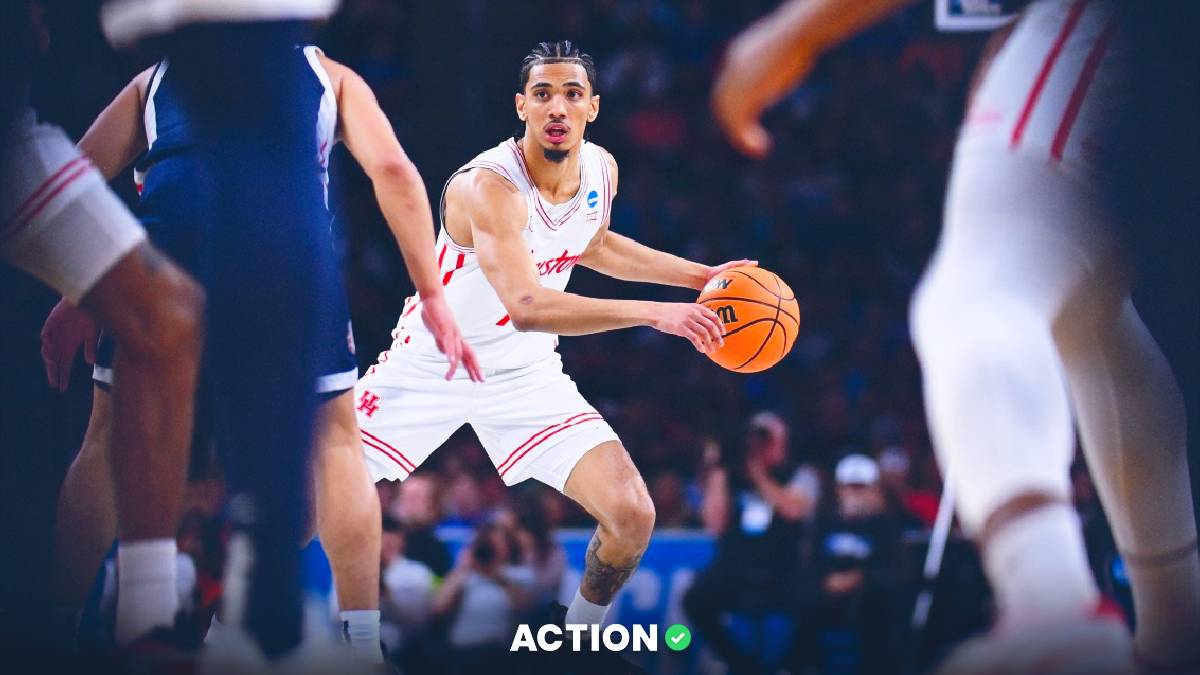Once the NCAA Tournament bracket is released, most eyes immediately look to the No. 1 seeds and their potential paths to the Final Four.
There's the juicy first-round matchups and the potential upset specials, but in the end, we're here to crown a champion.
There's an average of 1.64 No. 1 seeds in the Final Four each year. In NCAA Tournament history, 64% of champions were No. 1 seeds. It typically comes down to which team can manage its path and avoid potential landmines and difficult matchups on the way to the title game.
There was much debate over who the No. 1 seeds should have been coming into the conference tournaments, but Gonzaga, Arizona and Kansas all comfortably won their league titles and secured those positions.
Some wondered if Baylor would drop off the 1-line after its Big 12 Tournament quarterfinal loss to Oklahoma, but the Bears maintained their spot despite injury concerns plaguing them heading into the Round of 64.
Let's take a look at which squads have the toughest and easiest path of the No. 1 seeds, Gonzaga, Baylor, Kansas and Arizona.
Easiest Path: Kansas
The weakest region by quite a wide margin is the Midwest, where the Jayhawks have to feel good about the rest of the top seeds in their company.
The region includes No. 2 seed Auburn, which has really struggled down the stretch and hasn't been nearly as good away from home this season.
The Tigers lost early in the SEC Tournament, are just 3-4 in their last seven on the road and needed a last-minute basket or overtime to claim those three victories.
Providence and Wisconsin are widely considered the most overrated teams in the entire country when you compare their actual records to their expected records.
Both have been excellent in close games and both won their regular-season titles, but losses to Creighton and Michigan State in their respective conference tournaments showed some flaws in each.
The Badgers are 20 spots lower in KenPom than every other 3-seed, and the Friars are 29 spots lower than every other 4-seed in the field.
The top of the region is pretty weak when you consider recent form and overall team strength.
The Jayhawks will get the winner of San Diego State and Creighton in Round 2. Both have stellar interior defenses and are elite at guarding the rim, which could cause some matchup issues for the Jayhawks. But neither are as good on the perimeter as Kansas.
The only other team in the entire region I could see making a run is red-hot Iowa. The Hawkeyes just won the Big Ten Tournament and are an elite offense. But the Hawkeyes won't be able to guard Kansas at all. Still, Iowa is probably the biggest obstacle between KU and New Orleans. And they're a 5 seed.
Toughest Path: Arizona
Arizona is a better team than Baylor, but it has a more difficult path to the Final Four when you look at the opponents it may have to face.
The Wildcats are in the strongest region by far, with a tough 2-seed in Villanova and 3-seed in Tennessee. Both teams are also on a run, as they just won their respective conference tournaments. The Wildcats or Volunteers are highly likely to be in the Elite Eight waiting for Arizona.
Both are top-12 teams, according to predictive metrics like KenPom, ShotQuality and BartTorvik.
The Wildcats are also highly likely to have a really tough matchup in the Sweet 16, too. Both UAB and Chattanooga will be popular underdog picks in the first round, but the reality is that one of Illinois or Houston is pretty likely to make the Sweet 16.
Neither ended the season particularly well, but Illinois has the shooting and elite interior presence with Kofi Cockburn to give the Wildcats trouble.
Houston's defense and rebuilding prowess can keep it in any game, and its ability to force mistakes can trouble an occasionally turnover-prone Wildcats team.
When you compare the 2-5 seeds in the South region, it's not even close to comparable to the quality of the 2-5 seeds in any other region. Because of that, there's likely to be fewer upsets in this bracket and thus a tougher bracket for Arizona to make it to New Orleans.
Seton Hall and TCU shouldn't cause a ton of problems for the Wildcats, but both are physical teams that can dominate the glass and match Arizona physically.




